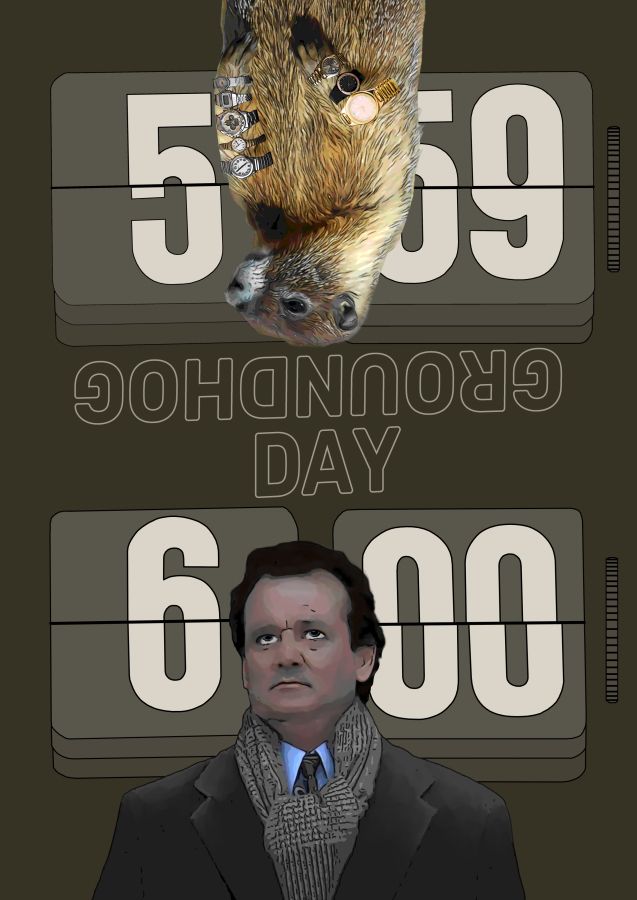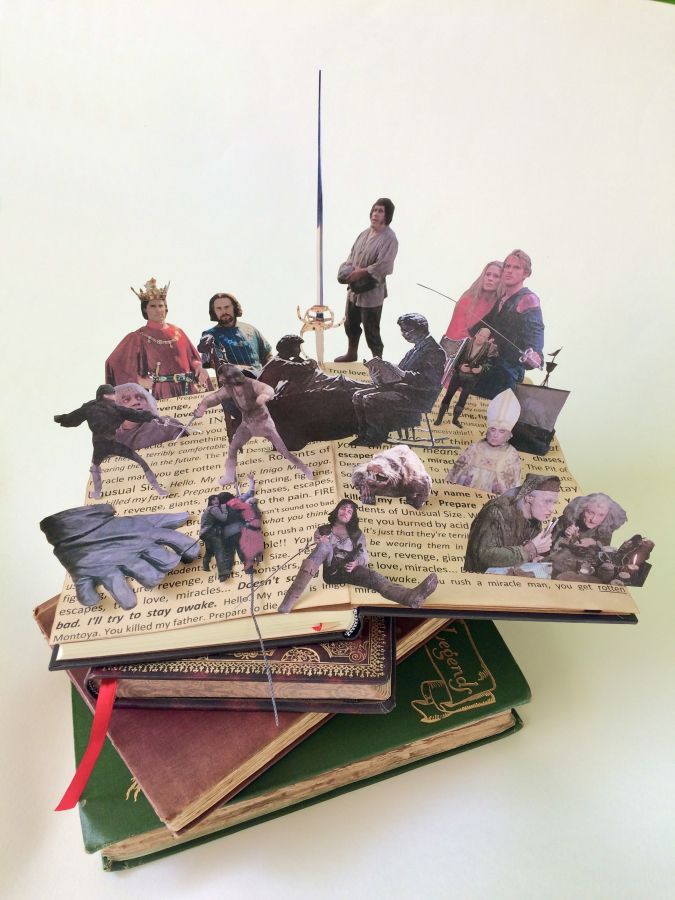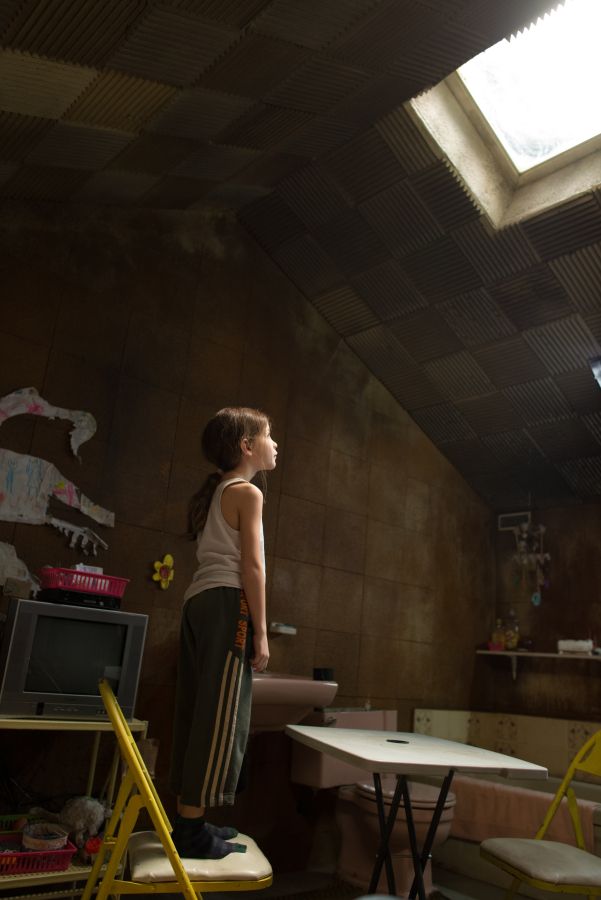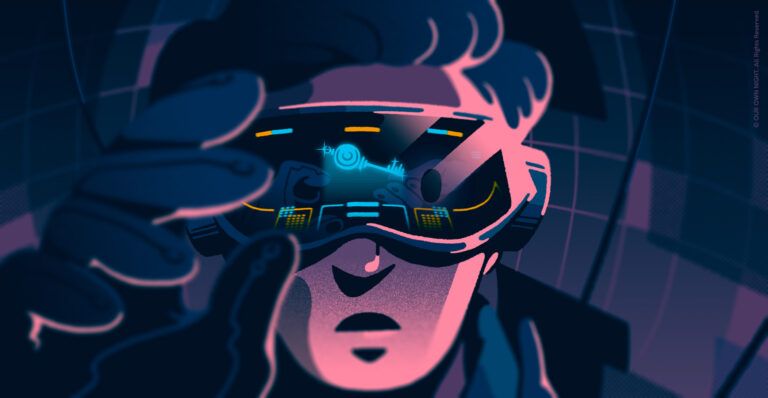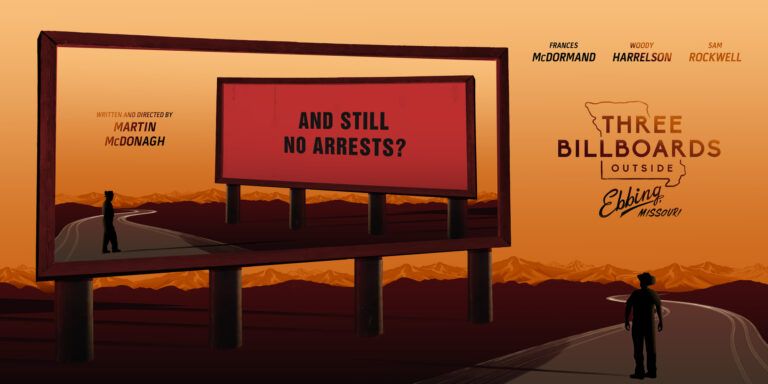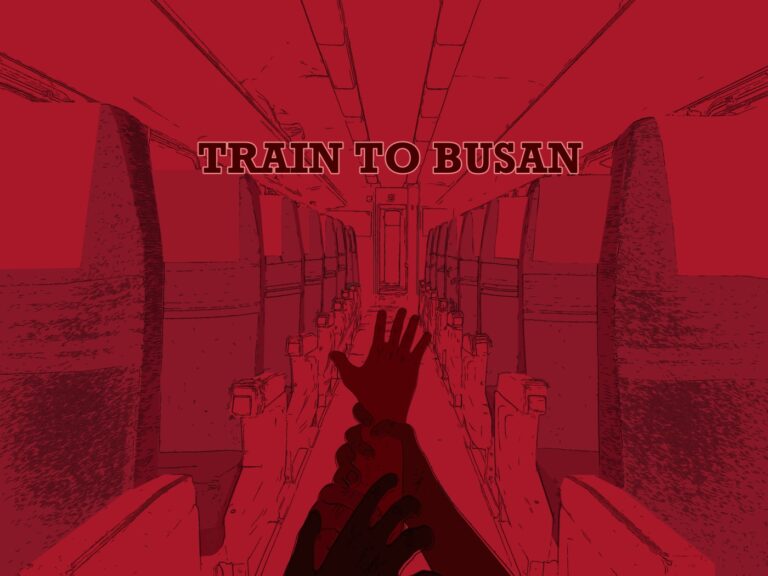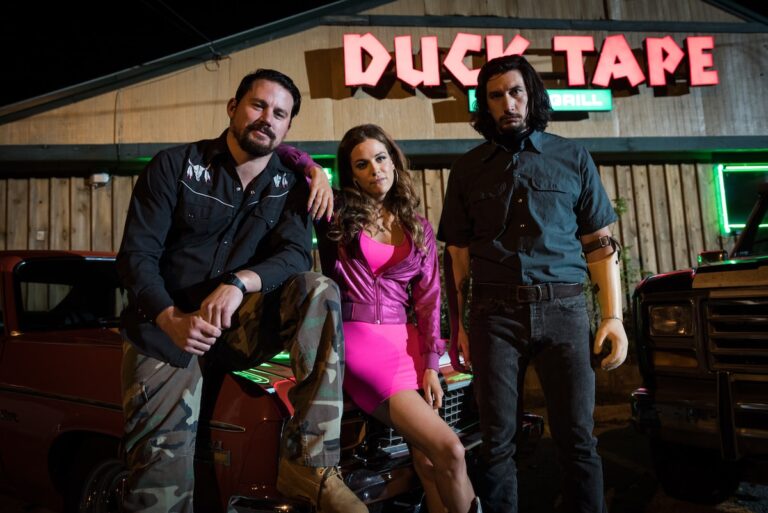A timeless classic much like the infinite loops of Phil’s repeating ‘Groundhog day’. The same day being played unremittingly over and over within the small chirpy town of Punxsutawney with only Phil being aware of the trapped nightmare he’s in. And though everyone else follows the same routine, day-in, to well, day-in, Phil is in fact free to interact and alter their repeating patterns, with hilarious and crazy results – if only for 24 hours, at which time the day is reset again.
Phil, played by unconquerable Bill Murray, is a weatherman who’s over-confident, sarcastic, pessimistic, egotistical, manipulative, cunning, sly and a real womaniser. It’s like someone wrote the script based on previous incarnations of Murray’s characters and taking their very worst parts. In any other hands the film wouldn’t have been a success, but here Murray is at his very best in being…….well; Bill Murray – and it pays off in dividends.
Groundhog Day starts with a dissatisfied Phil, who, in his role as a TV weatherman is sent to cover Punxsutawney’s annual ‘Groundhog day’ – a highly celebrated event in a town where a marmot rodent, the groundhog, and who’s aptly named Phil, predicts whether the winter will be short or long. At these similarities our weatherman takes a particular dislike to the creature and to the event as a whole, hating that this is the one day he’s stuck repeating. But then Phil doesn’t like anything, and though at first feeling lost in this time-loop he soon realises the advantages of it – there are no laws or morals to govern him. In effect he’s like a God in this looped space of time, using it to gain information and worm his way into the beds of those in town, or in various criminal acts, because there are no consequences for him in this world.
In repeating the same day and events, there are many jokes set up between the audience and Phil, which are made all the better when none of the other characters are able to understand how Phil can predict the future, know their past, or just sometimes, for no reason, punch them – but we know the reason. And in this the jokes come flying, and though some are more predictable than others, they’re all the better for it.
There are times when the repetitions of dialogue may get a little tedious, but do stay with Phil in his torment, for in this you get to experience some of the character’s sensation of being stuck. And though Phil is not overtly kind and likeable when beginning this film, you can at least understand his grumpiness or justify it. But at the half-way point you really fall out of having any kind of sympathy for him, though surely the only way can be up? Especially when he acknowledges “I don’t even like myself.”
Watch Phil stumble, learn to re-catch himself, only to fall and start all over again as he goes from anger, insanity, to attempts at change. Also it has to be said that Phil must have the most amazing memory to retain all the information he’s learnt, and in this it’s both impressive and a little creepy. At first Phil uses his knowledge to help him in his pretence of being the ideal person, in particular with knowing what his main love interest Rita (Andie MacDowell) is looking for, but in his pretence is he slowly transforming himself?
Although the film pivots on one central character, (with even Rita cast to just a minor role in comparison), you actually get to learn more about the town and its inhabitants than any other film has done before – the glimpses into their lives like tantalising short stories. The film moving from being raucously funny, to moments of real-life being captured. Their everyday experiences normally hidden as the public go about their day, but in Phil’s constant reliving of life he begins to see the bigger expanse.
Groundhog Day set the gold standard for a film’s repeating scene; the writing and directing having formed a high bar for others to follow. It’s a satisfying comedic movie, and one that should be in any film lover’s catalogue.
Director & Writer: Harold Ramis
Other notable works:
- Ghostbusters 1984
- National Lampoon’s Vacation 1983
- Stripes 1981
- National Lampoon’s Animal House 1978
Writer: Danny Rubin

